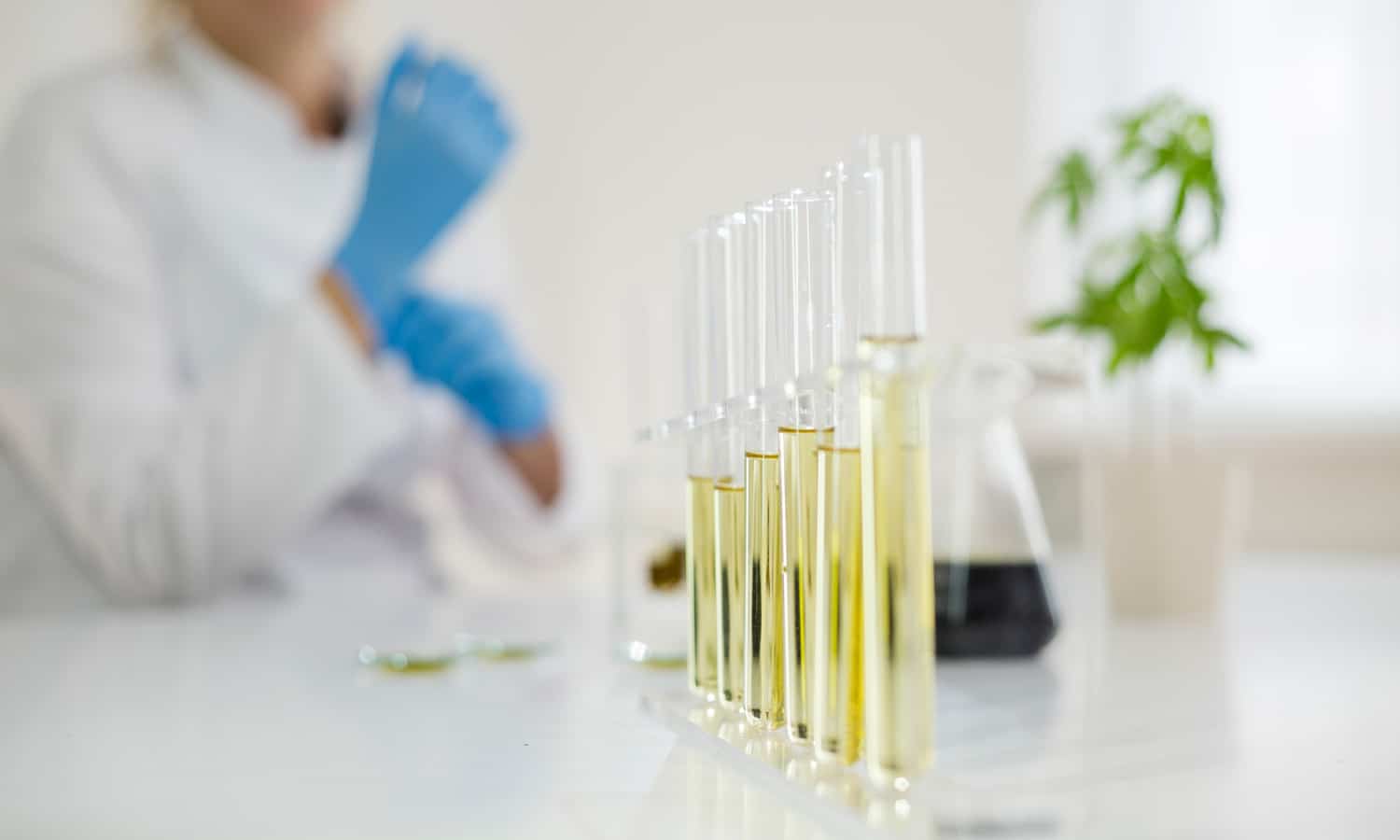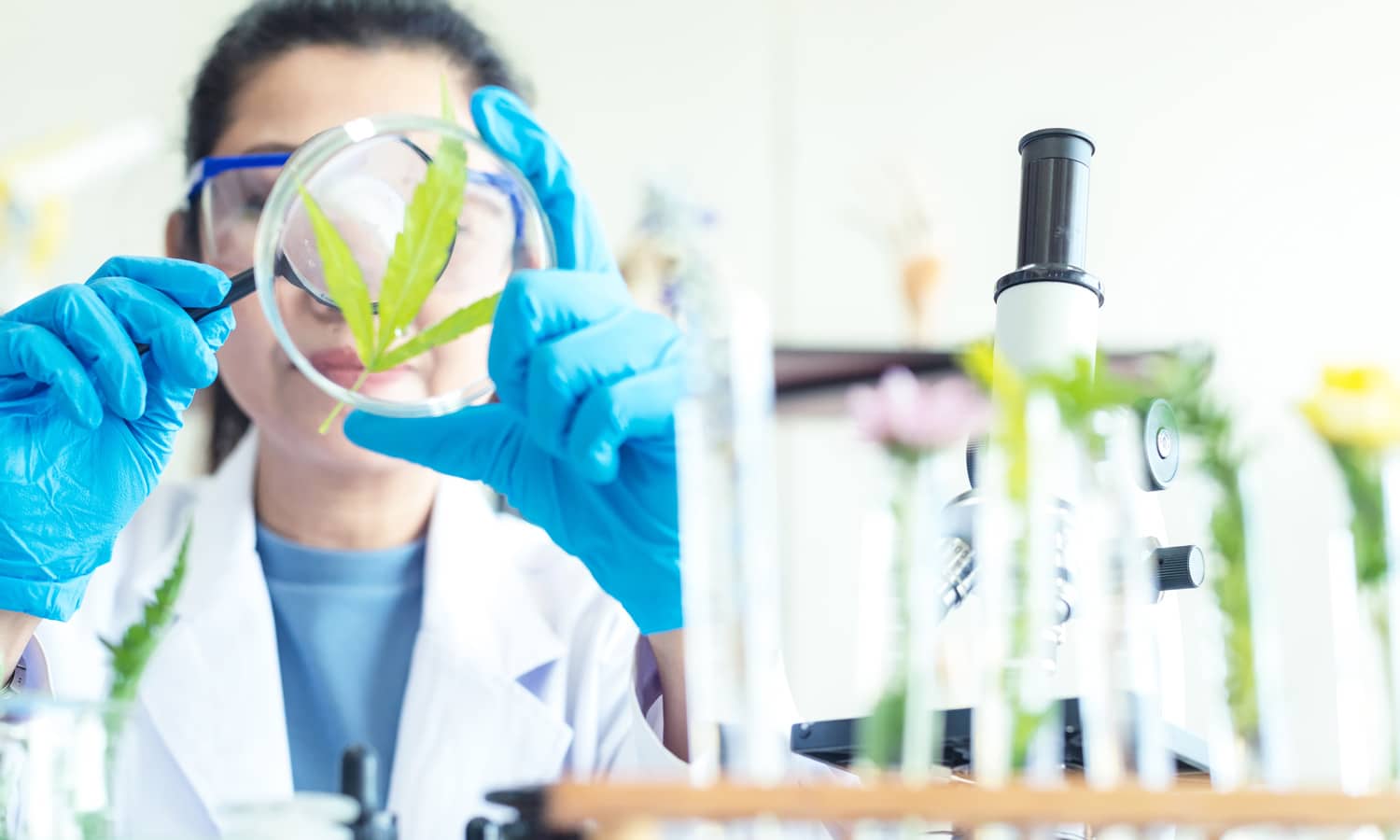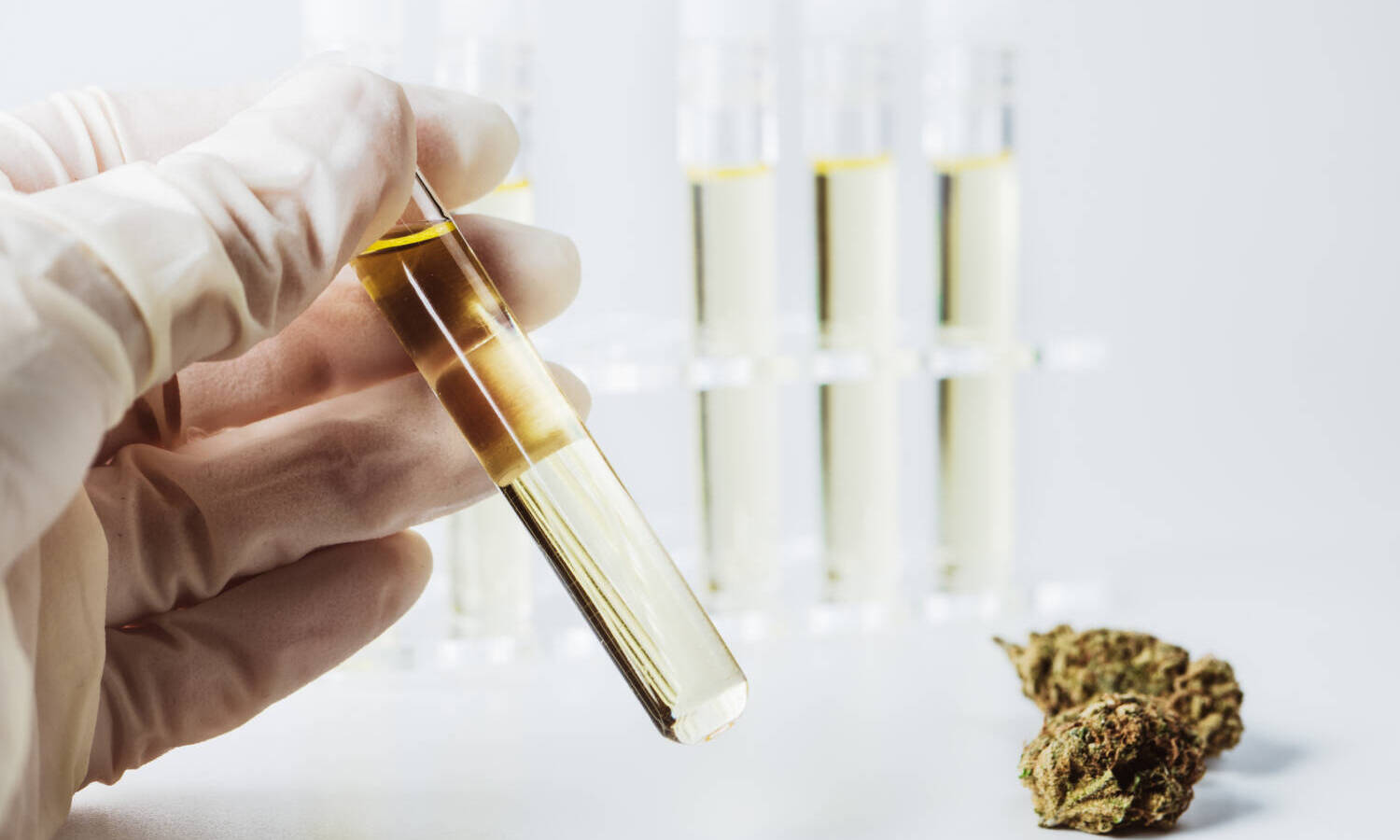Growers will have to utilize better and safer farming practices to ensure product safety isn’t compromised while securing their profits at the same time.
This article originally appeared on Cannabis.net and has been reposted with permission.
Several years after Washington’s legislature first discussed the requirements, the state has finally approved compulsory pesticide testing for all cannabis products produced and sold in the state. Cannabis manufacturers have a duty to meet the demands of cannabis users in a state. For profit reasons, some of these operators have settled for harmful chemicals to increase the output of their crops. These chemicals include insecticides, pesticides, and inorganic fertilizers. Many of them are unfit for human consumption.
Since the first month of cannabis legalization in Washington, users have found it quite challenging to know the components of the cannabis products sold to them. A lot could go wrong, from cultivation to the final packaging of cannabis products. And these companies, cultivation facilities, and producers rarely come out to explain what goes on behind the scenes.

RELATED: Here’s Why You Have To Trust Your Dispensary
The Washington State Liquor and Cannabis Board (LCB) proposed third-party tests to help cannabis users know if the products to be ingested are safe.
Pesticide Testing
In legal countries and states, cannabis products undergo several third-party tests to ascertain that they’re fit for consumption. However, most of these legal areas fail to necessitate pesticide tests for these products. There are different methods for carrying out pesticide tests, but the most common is the use of a liquid chromatography-mass spectrometer. This equipment can detect even the tiniest traces of toxic chemicals used as pesticides. Ensuring that the customer’s safety is not compromised.
Washington State’s state cannabis regulators noticed the growing use of pesticides in the cannabis and hemp industries months after the state began its medical program. However, the growers claimed that they only use pesticides with zero harmful effects. Yet, feeble tests have proved that these claims are untrue. Cannabis products are starting to become mainstream products, and it would be risky to carry on the medical and recreational cannabis sectors without enforcing these critical tests.
Imagine a chronic patient suffering more because they unknowingly consumed medical cannabis containing toxic pesticides. Or an occasional recreational user developing health conditions due to these poisonous compounds. In fact, the public’s safety is far from being guaranteed without these tests. Hence, the recent development is highly commendable.
Long Awaited Policy
Cannabis advocates have lauded this new mandatory requirement as a long-awaited move for the state’s cannabis industry. A few pointed out that the states with legal cannabis markets have these regulations and more to guarantee that their residents get only the best and safest products. It is important to note that the state has always mandated that all medical products be tested for pesticides. Although some growers may have found ways to forge the test results or work around the policy. California has also banned pesticides in marijuana growing.
RELATED: California Develops Standardized Marijuana Testing In Attempt To Clear Up Inconsistencies
The core aspect of this new policy is that cannabis producers now have to conduct these tests for recreational products. The regulation change is majorly focused on the recreational industry because the regulatory board assumes that all medical products are free from toxic pesticides.
The Liquor and Cannabis Board disclosed that from the moment the new policies were announced, irregular and random tests would be conducted across cannabis manufacturing facilities in the state. They believe this will compel all producers to maintain the new status quo. It is high time recreational users stopped being exposed to unsafe cannabis products.
The WSLCB unanimously voted that the new changes for quality control of recreational cannabis would be effective April 2. The pesticide tests will be added to a list of compulsory tests that must be conducted on cannabis products released onto the market.

After about three years of public debates and considerations from various stakeholders, the new stringent regulations were finally approved. Once the law is implemented in a few weeks, every batch of smokable cannabis products produced within Washington state will be tested by state-licensed laboratories. The submitted samples will be critically analyzed for toxic pesticides like Bifenthrin, Daminozide, Permethrin, Spinosad, DDVP (Dichlorvos), Abamectin, Spiromesifen, etc. Cannabis stores and dispensaries will have the results of these tests before the products can be sold. The products that fall short of the accepted standards will be destroyed.
Industry watchdogs and cannabis secret shoppers revealed months ago that at least 1 in 5 cannabis products sold in cannabis dispensaries contain toxic pesticides. The failure of these products to meet quality assurance will decrease in the next few months as farmers will halt the use of these poisonous pesticides to prevent their products from being recalled or destroyed.
RELATED: Illicit Vs. Legal: What Are The Real Benefits Of Buying Weed From A Licensed Dispensary?
Washington-based Confidence Analytics, one of the most OK state-approved cannabis testing laboratories, revealed an updated white paper in February. The White Paper outlined the CEO’s plans to take proactive measures to kick-start pesticide tests before the law is enacted. Nick Mosley pointed out that the latest revisions will have massive effects on the state’s cannabis sector. In the white paper, Mosley explained that all supply levels would be affected, not to mention the market disruptions and realignments that would follow. Mosley believes that the quality control rule amendments will create new winners and losers in the industry.
In addition, the state legislature would consider other proactive bills that would impact the state’s existing cannabis product testing requirements. The measure, named House Bill 1859, would modify the current lab accreditation scheme and standards for these licensed labs. Another bill, Senate Bill 5983, plans to establish a new regulatory committee for the Liquor and Cannabis Board to ensure other cannabis-derived compounds are regulated.
Bottom Line
Pesticide testing is now more critical than ever in Washington. More regulations will be revised and added to the existing cannabis legislation in the next few months. But for now, the regulatory board is focused on making sure all cannabis products are free of pesticides.
Growers will have to utilize better and safer farming practices to ensure product safety isn’t compromised while securing their profits at the same time. For now, the United States federal government has not approved any pesticides to cultivate cannabis and hemp. However, some states have approved the use of a few. Meanwhile, more outreach efforts are being organized to educate sensitive growers about the adverse effects of pesticides on consumer health.
This article originally appeared on Cannabis.net and has been reposted with permission.


